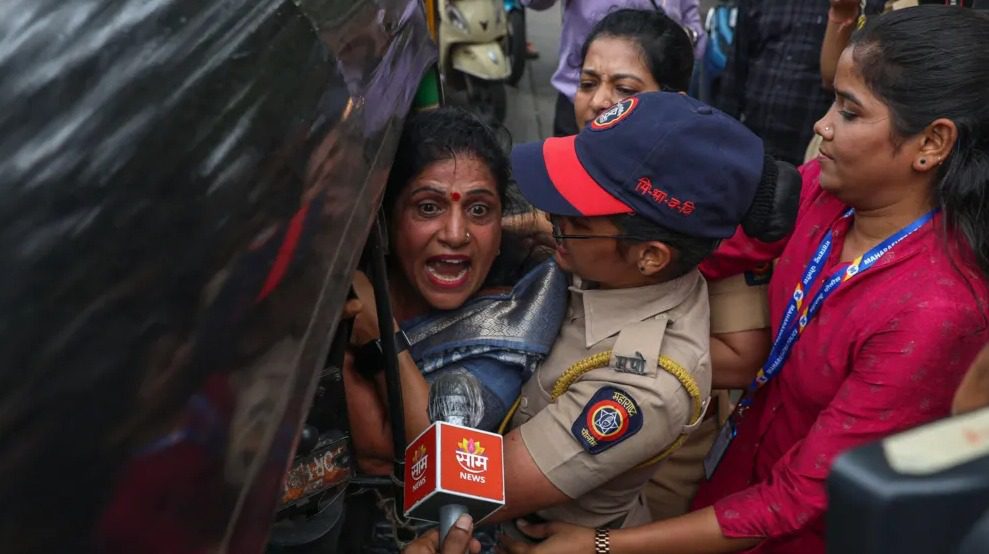A dispute over language has turned violent in India’s Maharashtra state after the government made it mandatory for state-run primary schools to teach Hindi as a third language, alongside Marathi (the local language) and English. This decision was part of a national policy requiring children to learn three languages in school.
The National Education Policy (NEP), introduced in 1968, aims to regulate education in India. The latest version of the policy, which came into effect five years ago under Prime Minister Narendra Modi’s government, has faced resistance before, and it has stirred controversy again in Maharashtra.
Opponents, including civil society groups and language activists, argue that this move forces the use of Hindi—spoken mainly in northern and central India—on a state where Marathi holds cultural significance. India’s many states, including Maharashtra, were formed based on linguistic identity, and changes to the language status quo are seen as a threat to regional pride.
Maharashtra’s decision was met with strong opposition, especially because many non-Hindi speaking regions, including the south, have long worried about the influence of Hindi, particularly since the rise of migration from Hindi-speaking areas for jobs. These fears have worsened since the Bharatiya Janata Party (BJP) came to power in 2014, with some BJP leaders suggesting Hindi should have greater prominence.
Amidst the growing protests, the Maharashtra government, led by a BJP-led coalition, reversed the decision and set up a committee to review the policy. However, the dispute continues, with reports of violence against non-Marathi speakers.
In one incident, two women were allegedly attacked in Thane district after speaking in English instead of Marathi. In another, a security guard in Mumbai was beaten for not knowing Marathi. A viral video showed a shopkeeper being assaulted by workers from the Maharashtra Navnirman Sena (MNS), a party known for its aggressive stance on regional identity.
The issue has also prompted political rivals to come together. Uddhav Thackeray, leader of the Shiv Sena (UBT) party, and Raj Thackeray of MNS, both descendants of the late Shiv Sena patriarch, held a joint rally against the perceived imposition of Hindi, tapping into local pride over the Marathi language.
While this political truce could help the parties in the upcoming municipal elections, experts warn that focusing on language-based identity politics can lead to short-term gains but long-term divisiveness. An editorial in the Indian Express warned that such politics encourages violence and hinders progress, urging leaders to focus on tangible solutions like job creation and better policies.


